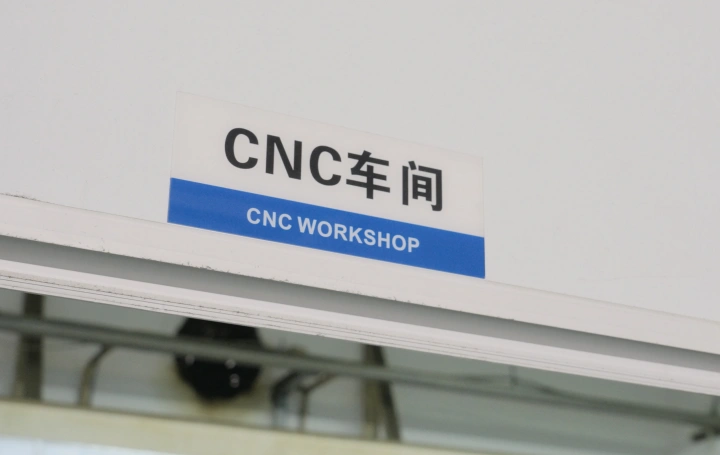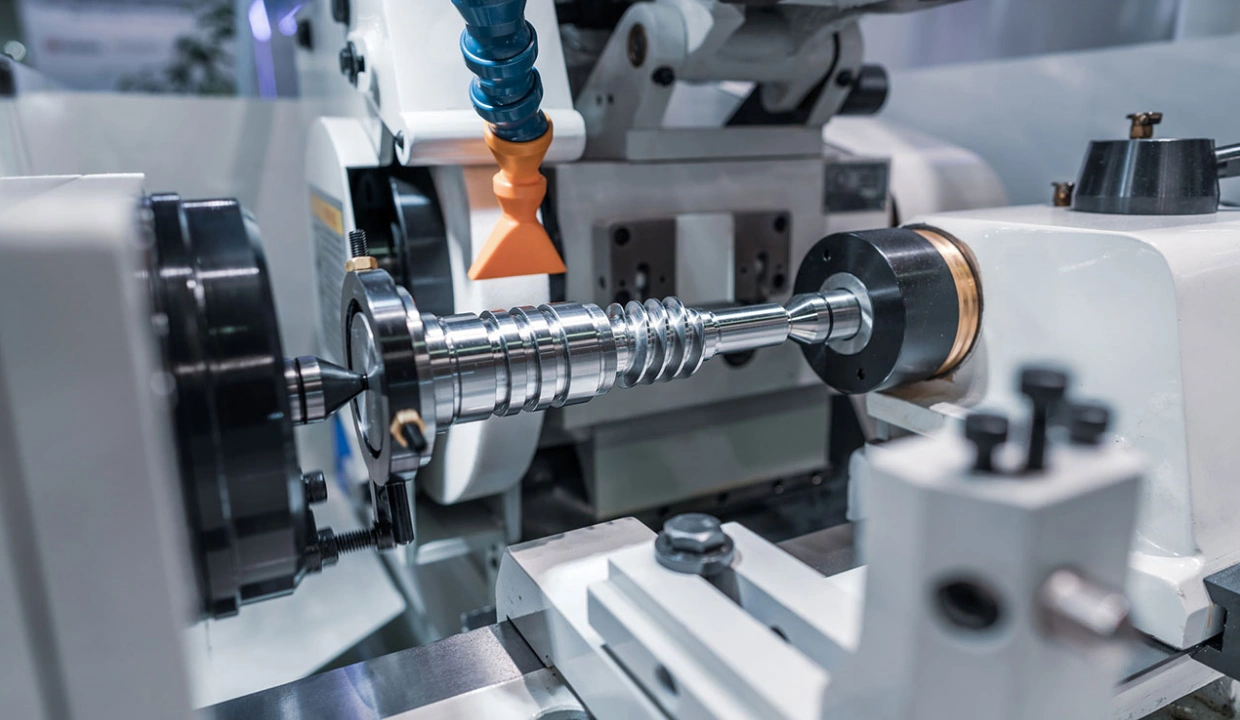There are many materials suitable for CNC machining, but selecting the right material for a product is restricted by various factors. A fundamental principle to follow is that the material’s performance must meet all technical and environmental requirements of the product. When choosing materials for mechanical parts, the following five aspects can be considered.
01. Is the material sufficiently rigid?
Rigidity is the primary consideration when choosing a material, as the product needs a certain level of stability and wear resistance in actual use. The rigidity of the material determines the feasibility of the product design. Depending on industry requirements, non-standard tooling designs often use 45 steel and aluminum alloys; machining tooling designs typically use 45 steel and alloy steel; and for tooling in the automation industry, aluminum alloys are mostly chosen.
02. How stable is the material?
For a high-precision product, insufficient stability can lead to deformation after assembly or during use. In response to temperature, humidity, and vibrations, the material may deform repeatedly, which can be a nightmare for the product.
03. How machinable is the material?
The machinability of the material determines how easy it is to process. Although stainless steel is rust-resistant, it is difficult to machine due to its hardness, which can quickly wear down cutting tools. Machining small holes, especially threaded holes, in stainless steel can lead to broken drills and taps, significantly increasing processing costs.
04. What rust prevention treatment is needed?
Rust prevention affects the stability and appearance of the product. For instance, 45 steel is typically treated with blackening for rust prevention, or parts may be painted or coated with powder. Depending on environmental requirements, sealing oil or rust-prevention liquids may also be used. There are various rust prevention techniques, but if these are not sufficient, material substitution—such as stainless steel—may be necessary. Rust prevention should not be overlooked.
05. What is the cost of the material?
Cost is a key consideration when selecting a material. Titanium alloys, for example, are lightweight, have a high strength-to-weight ratio, and are highly resistant to corrosion, making them widely used in automotive engine systems to promote energy savings. However, the main reason titanium alloys are not more widely used in the automotive industry is their high cost. If not necessary, a less expensive material should be chosen.
There are many materials suitable for CNC machining. Here are some common materials for machined parts and their key characteristics:
Aluminum 6061
Aluminum 6061 is one of the most commonly used materials in CNC machining. It has medium strength, good corrosion resistance, weldability, and a good oxidation effect. However, when exposed to saltwater or certain chemicals, its corrosion resistance is less effective. For applications with higher requirements, it’s not as strong as some other aluminum alloys. Common uses include automotive parts, bicycle frames, sporting goods, aerospace fixtures, and electrical fixtures.
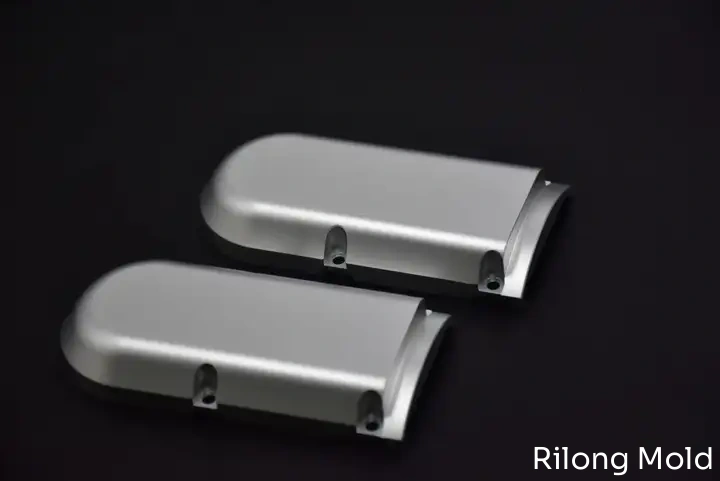
Aluminum 7075
Aluminum 7075 is one of the strongest aluminum alloys. Unlike 6061, 7075 aluminum has high strength, is easy to machine, has good wear resistance, strong corrosion resistance, and good oxidation resistance. It is ideal for high-strength recreational equipment and automotive and aerospace frames.
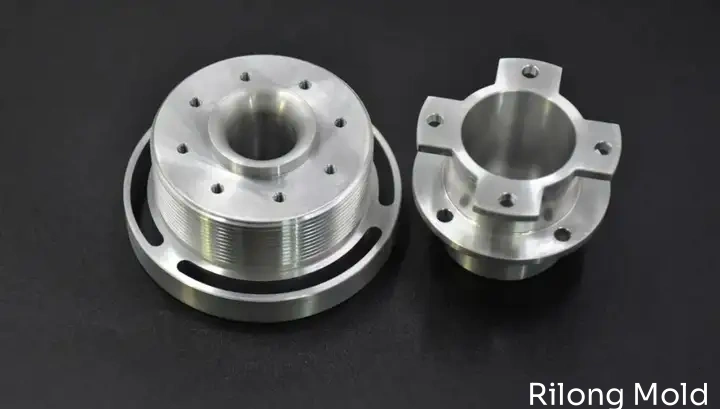
Brass
Brass has high strength, hardness, chemical corrosion resistance, and is easy to machine. It also has excellent conductivity, thermal conductivity, ductility, and deep drawing performance. Common applications include valves, water pipes, air conditioner connectors, heat exchangers, complex stamped products, small hardware, various parts for machinery and electronics, stamped parts, and musical instrument components. Brass comes in many types, and its corrosion resistance decreases as zinc content increases.
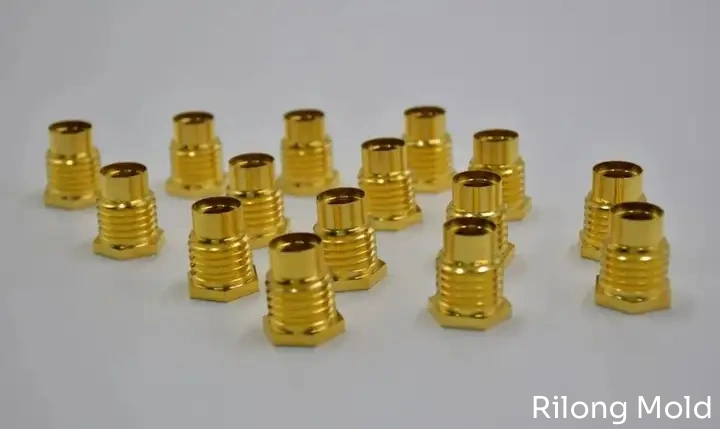
Copper
Pure copper (also called red copper) has excellent electrical and thermal conductivity, second only to silver, and is widely used in conductive and heat-dissipating equipment. Copper has good corrosion resistance in atmospheric, seawater, and certain non-oxidizing acids (such as hydrochloric and dilute sulfuric acids), as well as in alkaline and salt solutions and various organic acids (such as acetic acid and citric acid), making it commonly used in the chemical industry.
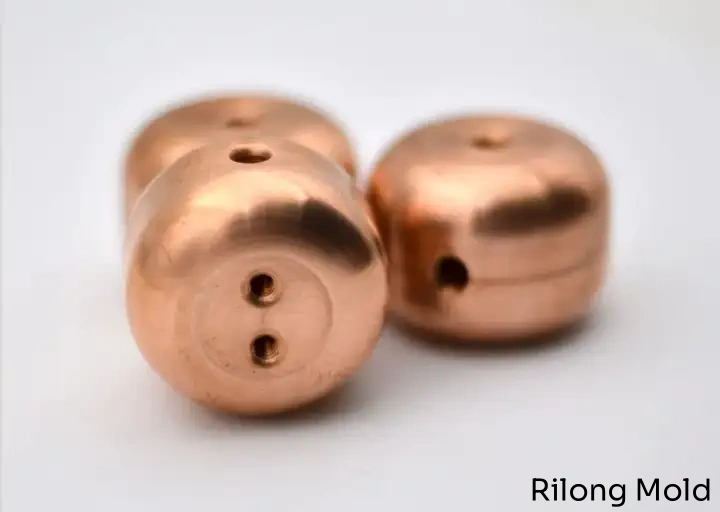
Stainless Steel 303
Stainless steel 303 is known for its good machinability and resistance to burning and corrosion. It is used where ease of machining and high surface finish are required, such as for stainless steel nuts, bolts, threaded medical devices, pump, and valve components. However, it is not suitable for marine-grade parts.
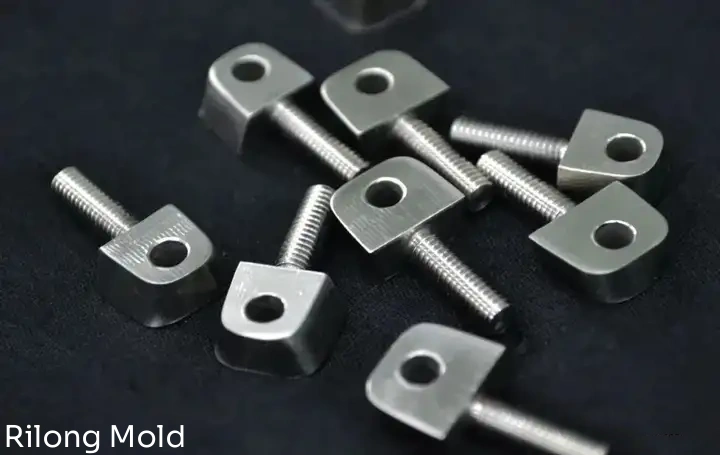
Stainless Steel 304
304 is a general-purpose stainless steel with good machinability and high toughness. It also has good corrosion resistance in most non-chemical environments, making it an excellent material choice for industrial, architectural, and automotive decor, kitchen fittings, water tanks, and piping.
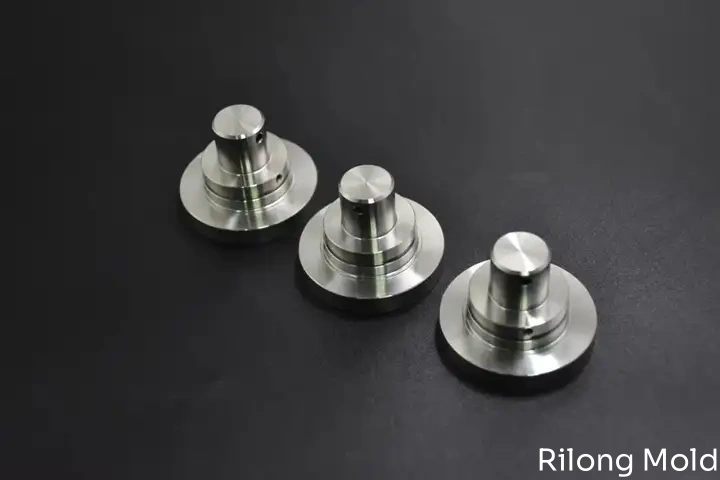
Stainless Steel 316
316 stainless steel has excellent heat resistance and corrosion resistance. It is highly stable in chlorinated and non-oxidizing acid environments, making it commonly referred to as marine-grade stainless steel. It is tough, weldable, and commonly used in construction and marine hardware, industrial pipelines and tanks, and automotive trims.
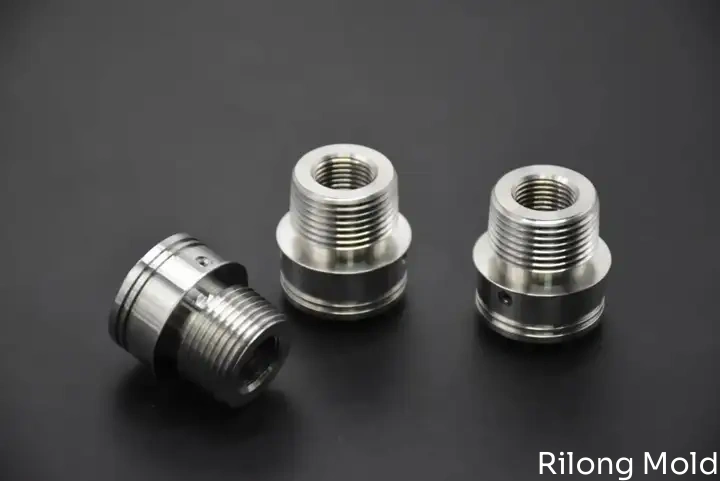
45 steel
This high-quality carbon structural steel is one of the most commonly used medium-carbon quenched and tempered steels. It has good mechanical properties overall but low hardenability and is prone to cracking when water-quenched. It is primarily used to manufacture high-strength moving parts such as turbine impellers, compressor pistons, shafts, gears, racks, and worm gears.
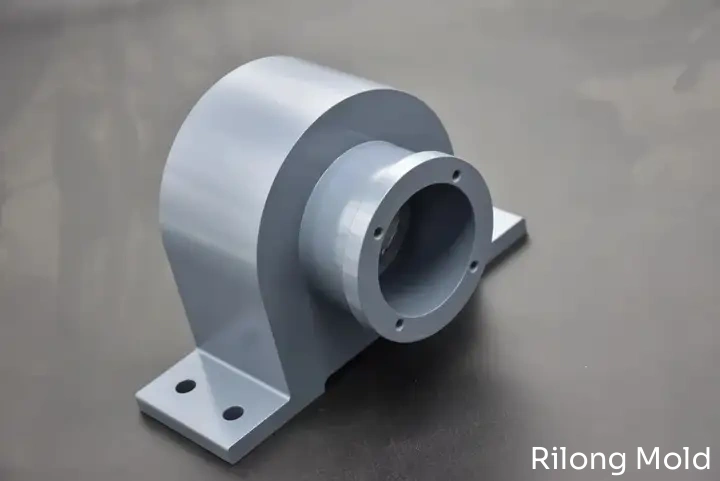
40Cr Steel
40Cr steel is one of the most widely used steels in the machinery manufacturing industry due to its good mechanical properties, low-temperature impact toughness, and low-notch sensitivity. After tempering, it is used to manufacture parts with medium speed and medium load. It can be surface-quenched for high hardness and wear resistance or tempered for high load, moderate speed, and impact-resistance parts. It is also nitrided for large transmission parts requiring high-impact toughness.
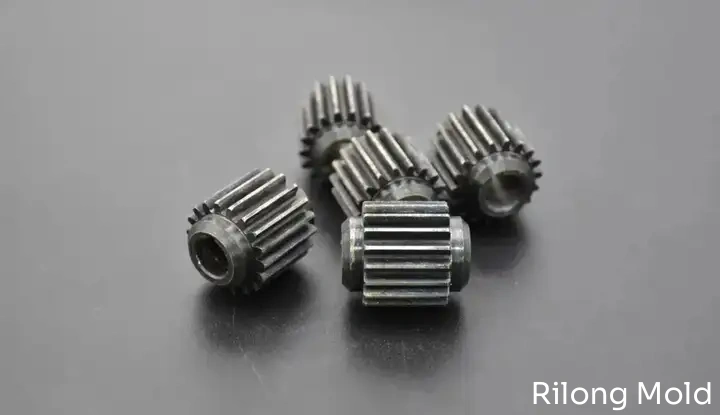
In addition to metals, high-precision CNC machining services also support various plastics. Here are some widely used plastic materials in CNC machining:
Nylon
Nylon is wear-resistant, heat-resistant, and chemical-resistant, with a certain level of flame resistance. It is easy to process and is an excellent metal substitute. Common CNC machining applications for nylon include insulators, bearings, and injection mold components.
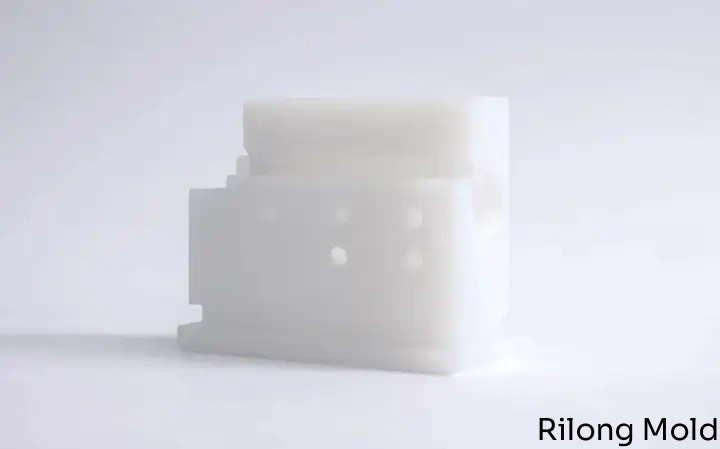
PEEK
PEEK is another plastic with outstanding machinability, offering excellent stability and impact resistance. It is commonly used to make compressor valve plates, piston rings, seals, and various internal and external parts for aircraft and rocket engines. PEEK closely resembles human bone and can be used as a metal substitute for bone implants.
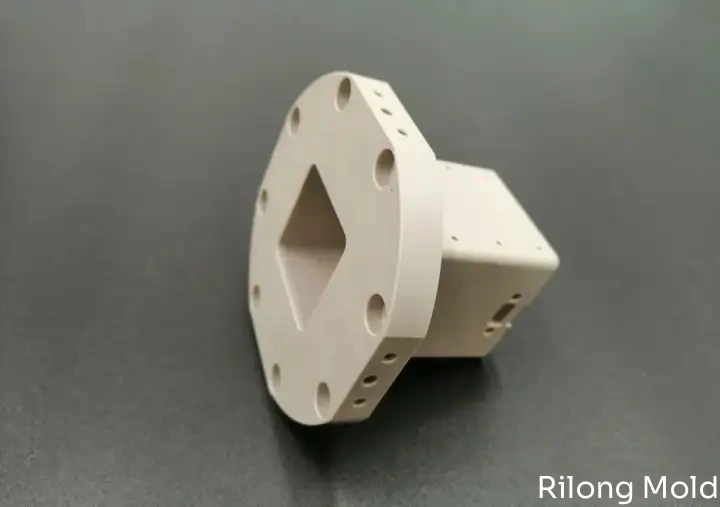
ABS Plastic
ABS has excellent impact strength, dimensional stability, colorability, and good machinability. It features high mechanical strength, high rigidity, low water absorption, corrosion resistance, and simple connections. It is a durable, non-toxic material with excellent chemical and electrical insulation properties, resistant to heat and deformation, scratch-resistant, and resistant to deformation.
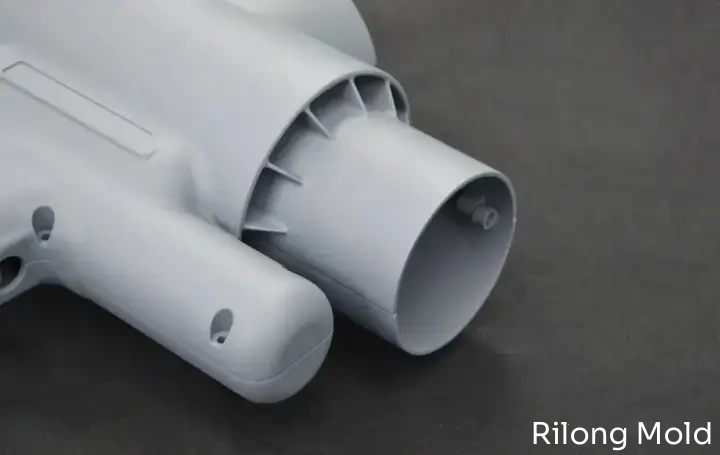
About RiLong CNC
RiLong is a one-stop cloud manufacturing platform for mechanical parts, selected as a national service-oriented manufacturing demonstration platform. It connects over 50+ quality factories, providing rapid prototyping, small-batch trial production, and large-scale production of non-standard parts for various hardware manufacturing enterprises, covering mold design and production, 3D printing, prototype replication, sheet metal processing, and injection molding.
